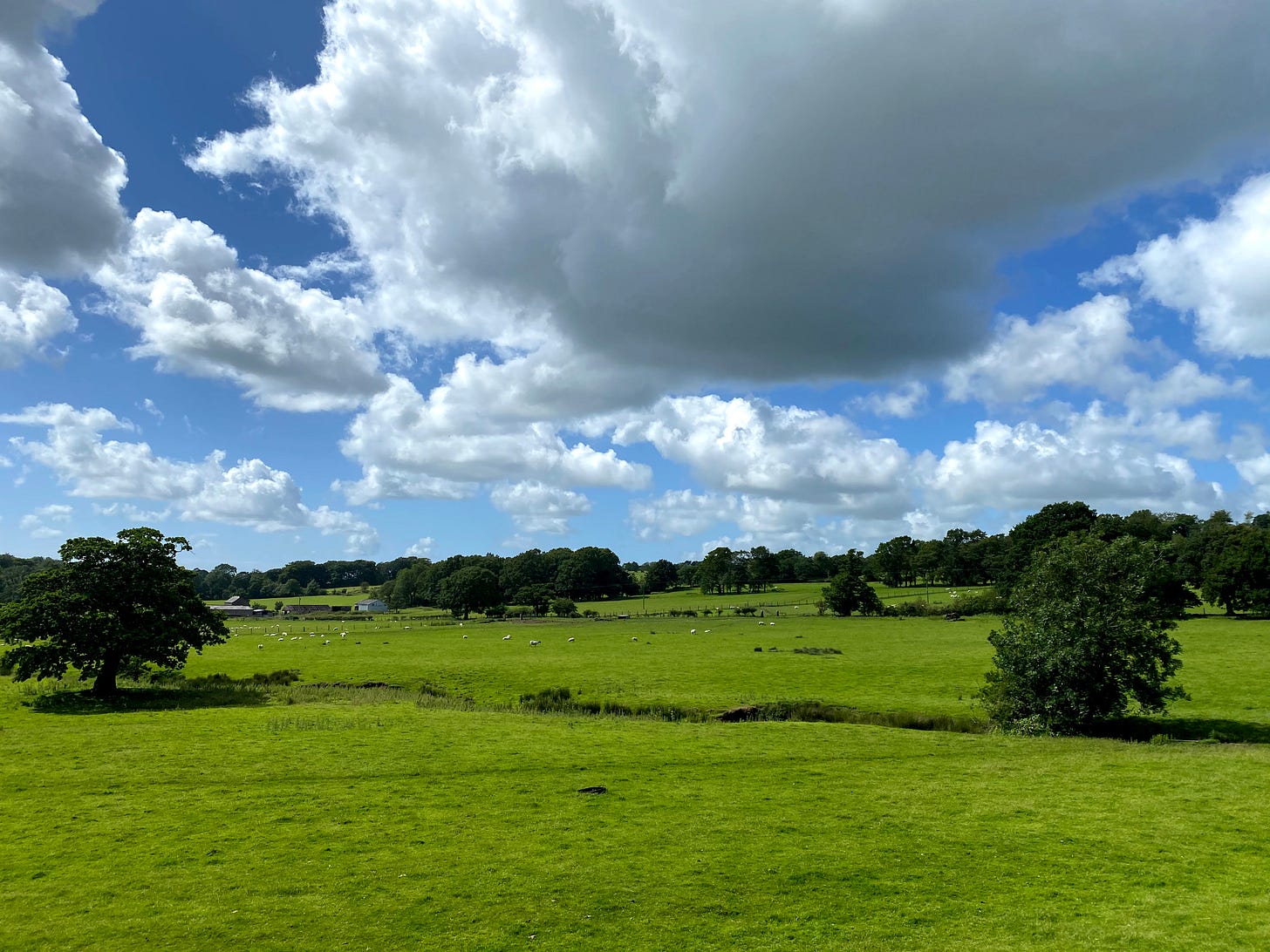Things I learnt from my degree: Campbell's Law
A look into some of the 'things' I learnt from my three years at LSE.
Every (normal) year I would come home during a reading week or holiday and get to enjoy the company of my family. At some point during my stay we end up going to see my relatives and, being the busy humans that they are, they often forget what I am studying. They'll fumble for a few seconds "it's..ummm.. something to do with politics/economics right?" to which I respond "yeah I study Political Science" and they will just nod, still puzzled. Those family members who do remember and want to strike up conversation might ask some variation of "So what do you actually study?" Truth be told, as much as I loved my degree I always struggle to answer such questions. To my annoyance I often think of the best way to answer the question for that particular relative much later, long after I've gone home.
So in that spirit, under the banner of 'Thing I learnt from my degree' I want to unpack one 'thing' per article. This isn't going to be a re-telling of Simon Hix's legendary GV101 lectures, but rather the insights - both directly and indirectly taught - that influence my thinking.
To start with we are going to be looking at: Campbell’s Law
I can’t remember the specific context in which the discussion of Campbell's law came up but it was a GV315 (Voting and Elections in developing democracies) class and towards the end the class teacher (Ryan Jablonski) made a remark about how indicators often have a corrupting element. He recommended looking into Campbell's Law and so I made a note in my Google Keep (a.k.a. my intellectual dumping ground) and didn't think much of it. I finally got round to looking into it and the full definition captures the essence of the idea quite well 1:
"The more any quantitative social indicator is used for social decision-making, the more subject it will be to corruption pressures and the more apt it will be to distort and corrupt the social processes it is intended to monitor."
This really informed my thinking and I was sat there saying to myself "WHY DIDN'T I THINK OF THIS BEFORE!". The ideas that resonate the most are the ones you were already thinking subconsciously and once discovered equip you with the language to explain those subconscious thoughts.
A quick simple explanation is that if you use an indicator for something, overtime the indicator will be manipulated and thus becomes useless to monitor that 'thing' we were checking for in the first place.
Example: an exam as an indicator for intelligence, overtime there are so many ways to game the "indicator" (in this case the exam) that you cant tell if someone who scored 100/100 is really more intelligent than someone who scored 80/100.
In the context of GV315 you could apply this to economic aid tied to certain economic/political indicators e.g. women in the legislature, spending on certain public goods etc. Taleb also touches on something similar when he goes into his dislike of the Nobel Prize (mainly the Econ/Peace prizes).
“The ideas that resonate the most are the ones you were already thinking subconsciously and once discovered equip you with the language to explain those subconscious thoughts.”
I think it’s a useful concept to bare in mind when politicians are speaking in ‘statistics talk’ or they pick certain indicators to tout success.
As an aside, one of the more surprising ways it has influenced my thinking is the way I approach my running. The question: “Did I have a good run?” is suddenly a lot more difficult to answer when I stop using running time as the answer. Instead I focus more how I felt throughout the run, how my legs felt, mentally was I able to get through it okay, the control I had over my breathing, and then factor in my running time. When I only used running time I was (subconsciously) gaming the indicator through bad habits (e.g. bad running posture) that always either ended up with me hurting myself or feeling demotivated.

I’m not sure Donald T Campbell had trimming time off a 5K in mind when he thought about “social processes” being corrupted but nevertheless, Campbell’s Law has stuck with me and informs my thinking about various aspects of politics.
The Wiki also has a good explanation




